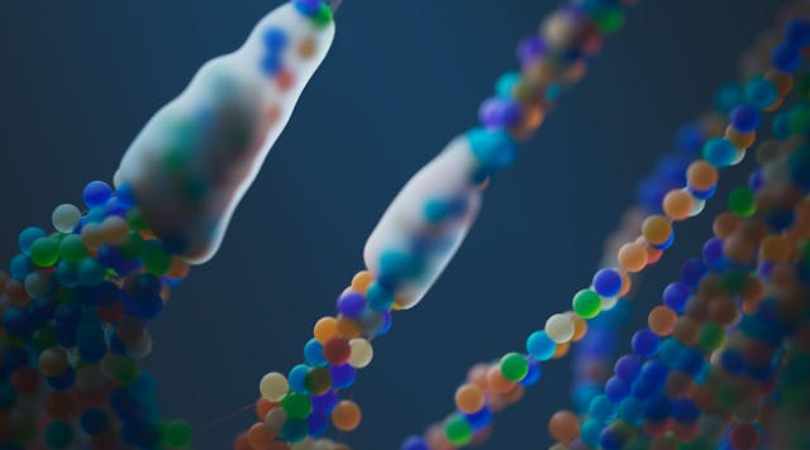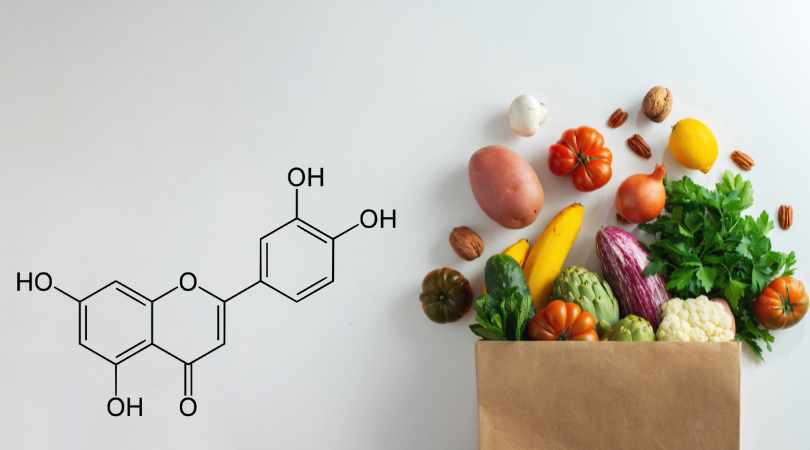Scientists have successfully restored the lost uricase enzyme, a key breakthrough in combating fructose-induced fat formation. This discovery offers new hope for preventing obesity and metabolic disorders by targeting how the body processes sugar and stores fat.
Limited Quantities Available! Order Today and Enjoy Free Shipping on Orders Over $100!
Natural Solutions for Anxiety and Depression: Embracing Diet and Fructokinase Inhibitors

Exploring natural aids for anxiety and depression sheds light on the significant influence of diet, particularly sugar consumption, on mental health. The complex interaction between dietary habits, brain energy mechanics, and emotional well-being presents a viable alternative to conventional pharmacological treatments. This piece delves into how dietary adjustments and fructokinase inhibitors like Luteolin could revolutionize mental health management.
The Brain’s Energy Dynamics and Mental Health
The brain primarily uses glucose for energy, but the endogenous production of fructose within the brain itself, via the polyol pathway, can be detrimental. This metabolic pathway, activated in conditions like high glucose intake, converts glucose into fructose, leading to insulin resistance in brain tissues. Such resistance disrupts the brain’s glucose utilization, potentially creating an energy shortfall that can exacerbate mental health issues like anxiety and depression. This connection underscores the importance of understanding and managing the brain’s metabolic health as a component of emotional well-being.
Fructose lowers brain energy, making anxiety and depression worse.
Dietary Changes: A Path to Improved Mental Health
The positive impact of dietary modifications on mental health is increasingly supported by evidence. Reducing intake of sugars and high-glycemic carbohydrates can help stabilize blood sugar levels, leading to decreased inflammation and improved insulin sensitivity in the brain. These changes contribute to a healthier brain environment, which is essential for mood regulation and cognitive function. Adopting a diet low in added sugars and rich in whole foods can thus play a crucial role in mitigating symptoms of depression and anxiety, offering a foundation for better mental health.
However, the challenge lies in the addictive nature of fructose and the ubiquity of sugar in our diets, making sustained dietary changes difficult for many. This struggle underscores the potential of fructokinase inhibitors as a preferable approach, offering a way to circumvent the difficulties associated with dietary restrictions while targeting metabolic pathways linked to mental health.
Luteolin: A Natural Ally in Mental Health
Luteolin, a fructokinase inhibitor found in various plants, represents a promising natural approach to mental health. By blocking fructokinase, Luteolin helps prevent the adverse effects of fructose metabolism in the brain, associated with the polyol pathway. Its anti-inflammatory and antioxidant properties further protect neural tissues from oxidative stress and inflammation, contributing to its potential as a holistic remedy for anxiety and depression.
Luteolin blocks fructokinase, boosting brain energy to tackle anxiety and depression.
Beyond Antidepressants: A Holistic View
While traditional antidepressants primarily aim to modify neurotransmitter levels to alleviate symptoms, they may not tackle the underlying metabolic issues contributing to mental health conditions. In contrast, Luteolin and dietary interventions address the foundational problems, such as insulin resistance and disrupted brain energy homeostasis. This holistic approach not only targets symptom relief but also addresses the root causes of mental health issues, providing a more comprehensive strategy for managing conditions like anxiety and depression.
Embracing a Comprehensive Approach to Mental Health
For those seeking natural aids for anxiety and depression, integrating dietary changes and fructokinase inhibitors like Luteolin into their wellness regime can offer a multifaceted approach to mental health. This strategy acknowledges the intricate link between diet, brain metabolism, and emotional well-being, providing a comprehensive path to recovery that aligns with the complexities of mental health.
In conclusion, a combined strategy of mindful dietary choices and the inclusion of natural supplements such as Luteolin can significantly enhance mental health interventions. This integrated approach respects the multifactorial nature of mental health disorders, offering a more complete and potentially more effective route to healing and overall well-being.
Disclaimer: The information in this blog reflects personal opinions, experiences, and emerging research. It is not intended as medical or professional advice and should not replace consultation with qualified professionals. The accuracy of this content is not guaranteed. Always seek guidance from a licensed expert before making any health-related decisions.


Chris | 🔬 Founder of LIV3 Health
⚡ A keen researcher dedicated to uncovering the root causes of metabolic dysfunction, the key driver of chronic conditions behind 70% of global deaths. His findings led to science-backed, natural solutions designed to inhibit fructose metabolism.
📢 Follow me on Reddit for insights on metabolic health and the future of wellness! -






